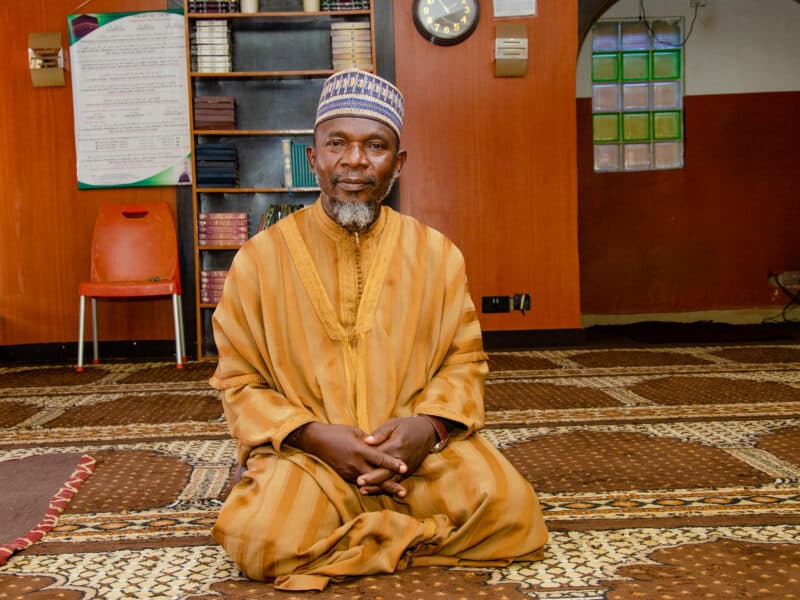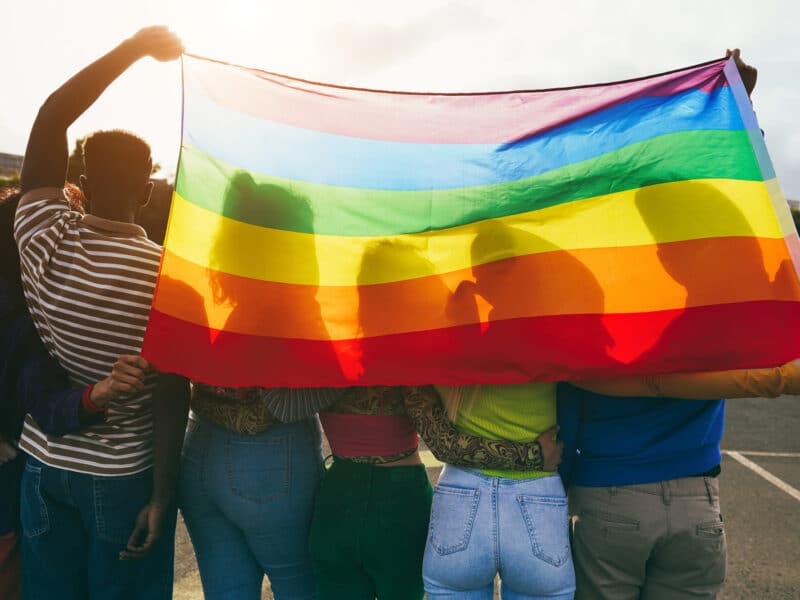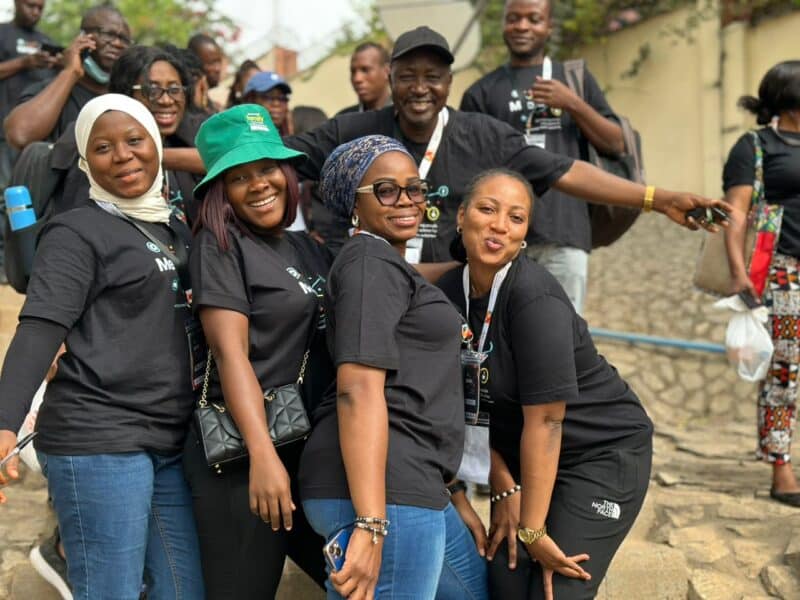People who identify as non-binary, women and Hispanics in the U.S. experienced higher levels of financial distress and lowered access to health care due to cost during the COVID-19 pandemic, according to new research from the Johns Hopkins Center for Communication Programs.
The research finds that Hispanics, Black Americans, Asian/Pacific Islanders and Native Americans were all more likely to report financial worries, compared with whites. But the researchers also found that Black Americans, Asian/Pacific Islanders and Native Americans were less likely than whites to delay or not seek care due to cost.
At the American Public Health Association conference today, CCP’s Tuo-Yen Tseng, an assistant scientist, is presenting findings from her analysis of the COVID Behaviors Dashboard, an interactive website project led by CCP and containing data from the COVID-19 Trends and Impact Survey. This daily survey collected data from 36 million people from 114 countries over Facebook from May 2021 to June 2022. It is believed to be the largest survey of global knowledge, attitudes and behaviors around COVID.
Tseng’s presentation focused on survey data from roughly 500,000 respondents gathered in March 2022.
“What this research shows is that strategies for pandemic response should include interventions to address financial barriers to health care as well as other financial impacts,” Tseng says.
“We still need to learn more about variations in health care utilization and further explore barriers to care, including those associated with cost and other factors. In a post-COVID world, more efforts to address health and economic inequity must be incorporated into our health care system.”
Since the COVID-19 pandemic hit the US in early 2020, it has disproportionately affected marginalized gender and racial ethnic groups, both in the disease infection and severity, and in its social, psychological and economic impacts.
According to the U.S. Centers for Disease Control and Prevention, Native Americans, Black and Latino persons are two to three times more likely to get hospitalized with COVID than whites, and close to twice more likely to die from COVID, adjusting for age.
Meanwhile, people of color, especially women, were more likely to lose jobs when the pandemic hit, compared with white workers. And they also experienced a far slower jobs recovery than white people.
More key findings:
- More than half of the Hispanic and Native American participants were very or somewhat worried about household finances. This is likely because about 40 percent of adults in these groups were not employed, though the sample did include retired people who were not looking for work.
- Participants with non-binary gender identity were 2.7 times more likely than men to report financial worries, and more than 3 times more likely than men to have delayed or not sought medical care due to cost.
- Women were about 30 percent more likely than men to report worries about household finances or financial barriers to care seeking.
- Living in an area with low health insurance coverage and low median household income was associated with higher chances of reporting financial worries and delaying or not seeking care due to cost.
- At the same time, COVID death counts were linked with financial worries, but not with chances of delaying or not seeking care due to cost.
Research contributors include Tseng, Erica Nybro, Eva Rosen, Marla Shaivitz and Dominick Shattuck.





